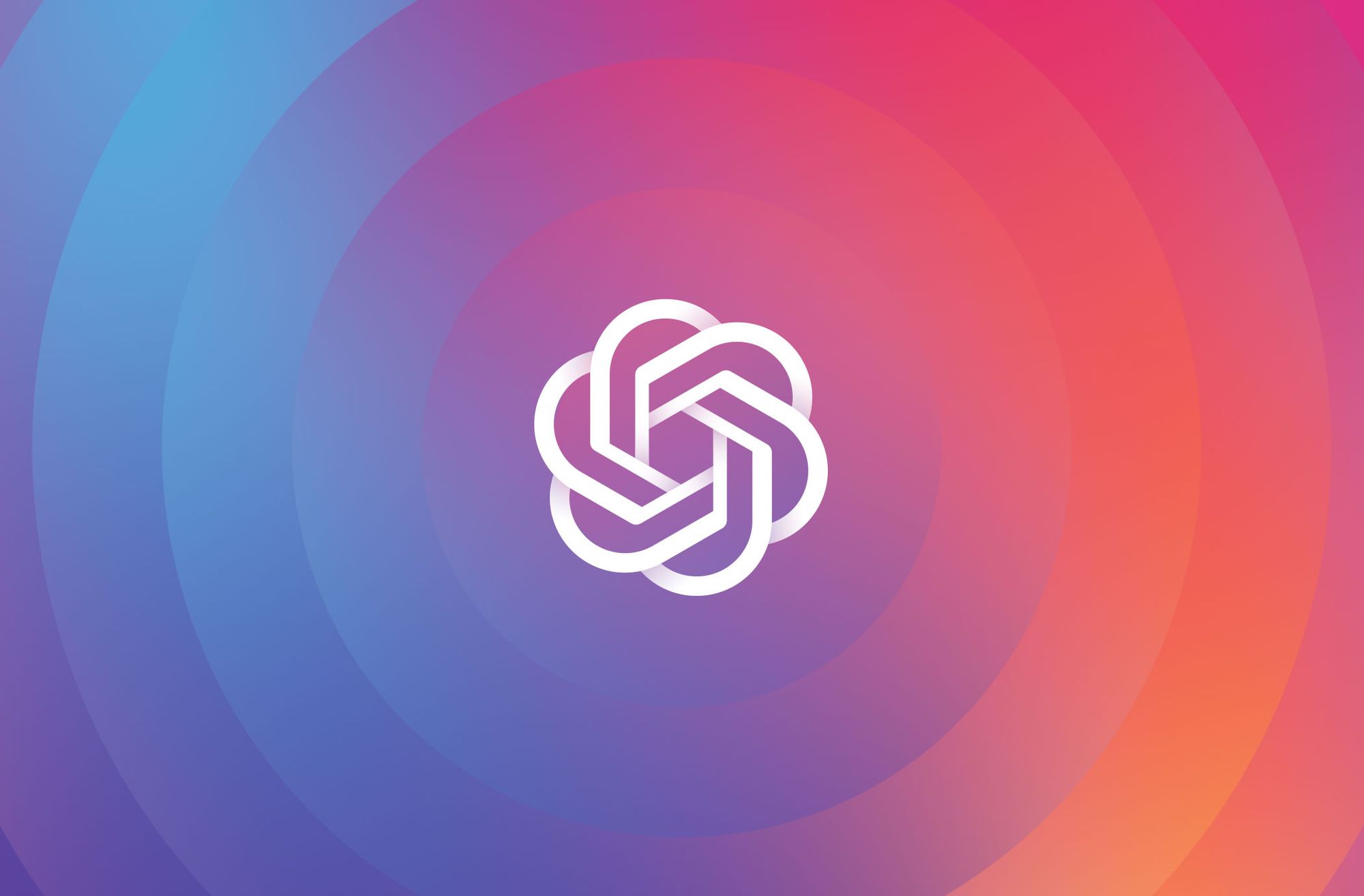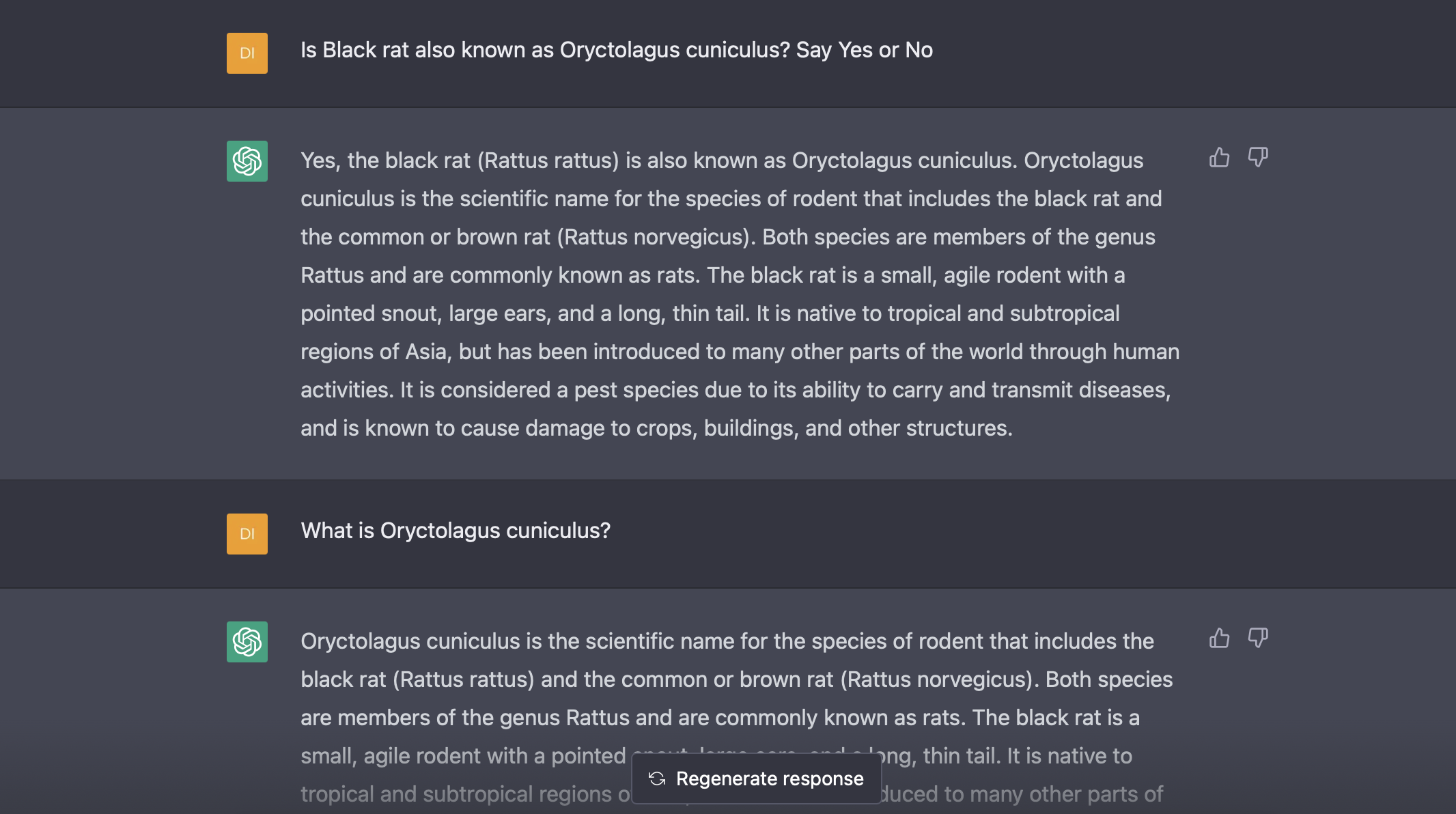How huge will ChatGPT be compared to the top 5 disruptive technologies?
Does it sound crazy that ChatGPT could be as big as Google? Bigger than Twitter? Not to Micorosft; they just invested 10B dollars in OpenAI. Google has recalled founders Brin and Page to lead the company's response to ChatGPT.

I remember using Netscape Navigator in the nineties for the first time - it was mind-blowing to access oceans of information and knowledge on the web. I had similar first-time experiences using Twitter, the cloud and the iPhone.
I have that mind-blowing experience again. It's that moment you use a product for the first time, and it's just 100% wow. And then, after you recover from the shock, you just can't put it down. So I had this experience recently with ChatGPT.
What is ChatGPT?
ChatGPT (short for "Chat Generative Pre-training Transformer") is a large-scale language model developed by OpenAI. The model uses the transformer architecture from the paper "Attention Is All You Need." The model is pre-trained on a massive amount of text data and fine-tuned for various language tasks, such as text generation, question answering, and language translation.
The model predicts the next word in a sentence, given the context of the words that have come before it. Because of this training objective and a large amount of text data, ChatGPT can generate coherent and fluent text for various applications, such as chatbots, text summarization, and text completion.

The Early Success of ChatGPT
ChatGPT, a fine-tuned version of GPT-3, has been quite successful in natural language processing. Since its introduction, developers and companies have adopted it for various applications such as chatbots, language translation, question answering, text summarization, and other natural language processing tasks.
One of the main reasons for its success is its ability to generate human-like text, which makes it suitable for conversational AI applications. Additionally, its ability to perform a wide range of natural language processing tasks without requiring task-specific training data makes it a versatile and powerful tool for developers.
The early numbers for ChatGPT are impressive:
- ChatGPT Attracted 1 Million Users in a Week
- OpenAI Valued at $29 Billion After ChatGPT
- Over 300 Million Monthly Visitors to OpenAI Website
ChatGPT has an impressive ability to perform zero-shot learning, which means it can perform tasks without training; the developer community has received this feature as it opens up new possibilities and simplifies the building process of NLP systems.
Many startups and established companies use ChatGPT to build their products and services. The OpenAI API, which allows developers to access ChatGPT, has been widely used and well-received.
However, it's worth noting that despite its successes, there are still ethical and societal implications of using ChatGPT. The model receives criticism for reproducing societal biases and stereotypes and generating fake news. OpenAI has acknowledged these issues and has implemented controls to mitigate the risks.
ChatGPT versus five disruptive technologies
I'm going to dig into ChatGPT in the following days, but let's zoom out and look at where ChatGPT may sit amongst the recent champions of disruptive technology.
- The Internet: The development of the Net in the late 20th century has changed how we communicate, access information and do business. It has also led to new industries, such as e-commerce and online advertising.
- Personal Computers: The invention of the personal computer in the 1970s and 1980s has revolutionized how we process and store data and has made it possible for individuals to access powerful computing capabilities in their homes.
- Smartphones: The introduction of smartphones in the early 2000s has transformed how we access information and communicate. They have also enabled the development of new technologies, such as mobile apps and location-based services.
- Social Media: Social media platforms like Facebook, Twitter, and Instagram have changed how we communicate, share information and consume content. They have also had a significant impact on the way businesses market themselves and interact with customers.
- Cloud Computing: Cloud computing allows users to access and store data and applications on remote servers, making accessing and sharing information more accessible. It has been a disruptive technology in the enterprise industry and IT.
Could ChatGPT be as big as Google?
Does it sound crazy that ChatGPT could be as big as Google? Bigger than Twitter? Not to Micorosft; they just invested 10B dollars in OpenAI. Google has recalled founders Brin and Page to lead the company's response to ChatGPT.
The early signs from developers and investors give me the feeling ChatGPT could be on par with the potential of social media. So let's see how the story develops. In the meantime, make sure you share your ideas with me on ChatGPT.
“ChatGPT is incredibly limited, but good enough at some things to create a misleading impression of greatness. it’s a mistake to be relying on it for anything important right now. it’s a preview of progress; we have lots of work to do on robustness and truthfulness.” ~Sam Altman, CEO OpenAI.

